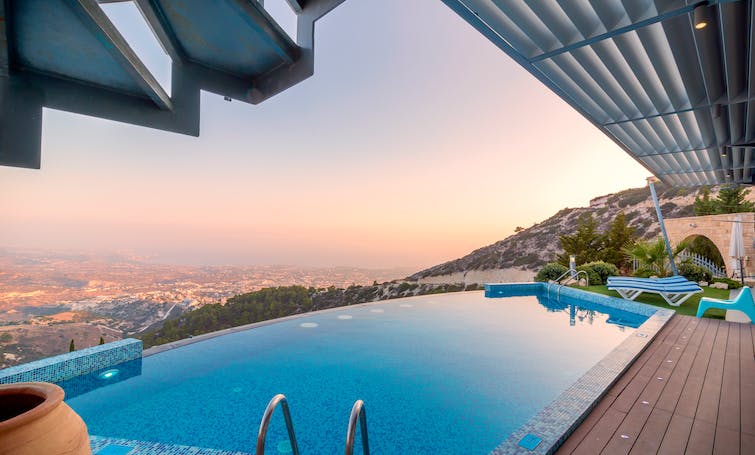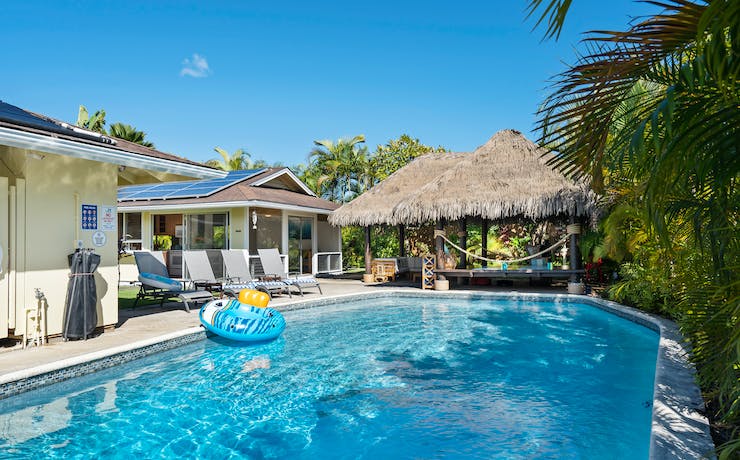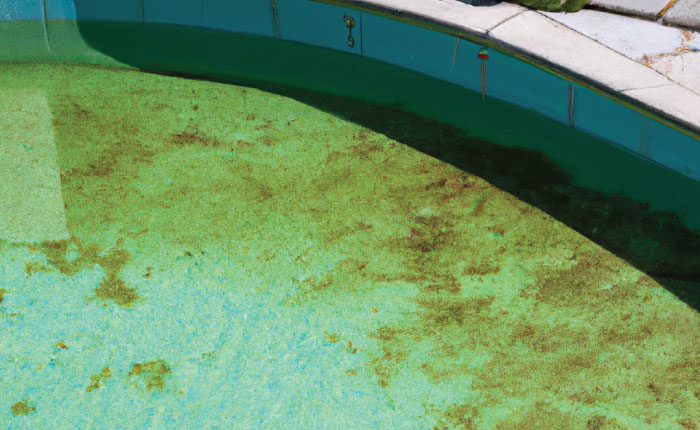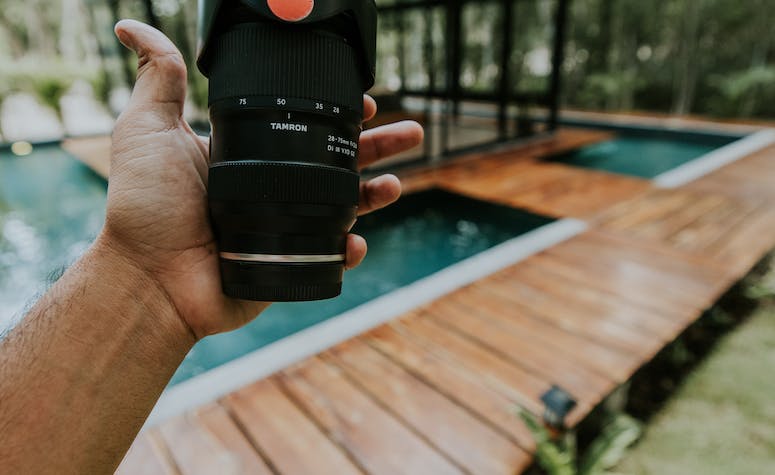
How do You Take Care of Saltwater Pool? (The Ultimate Guide)
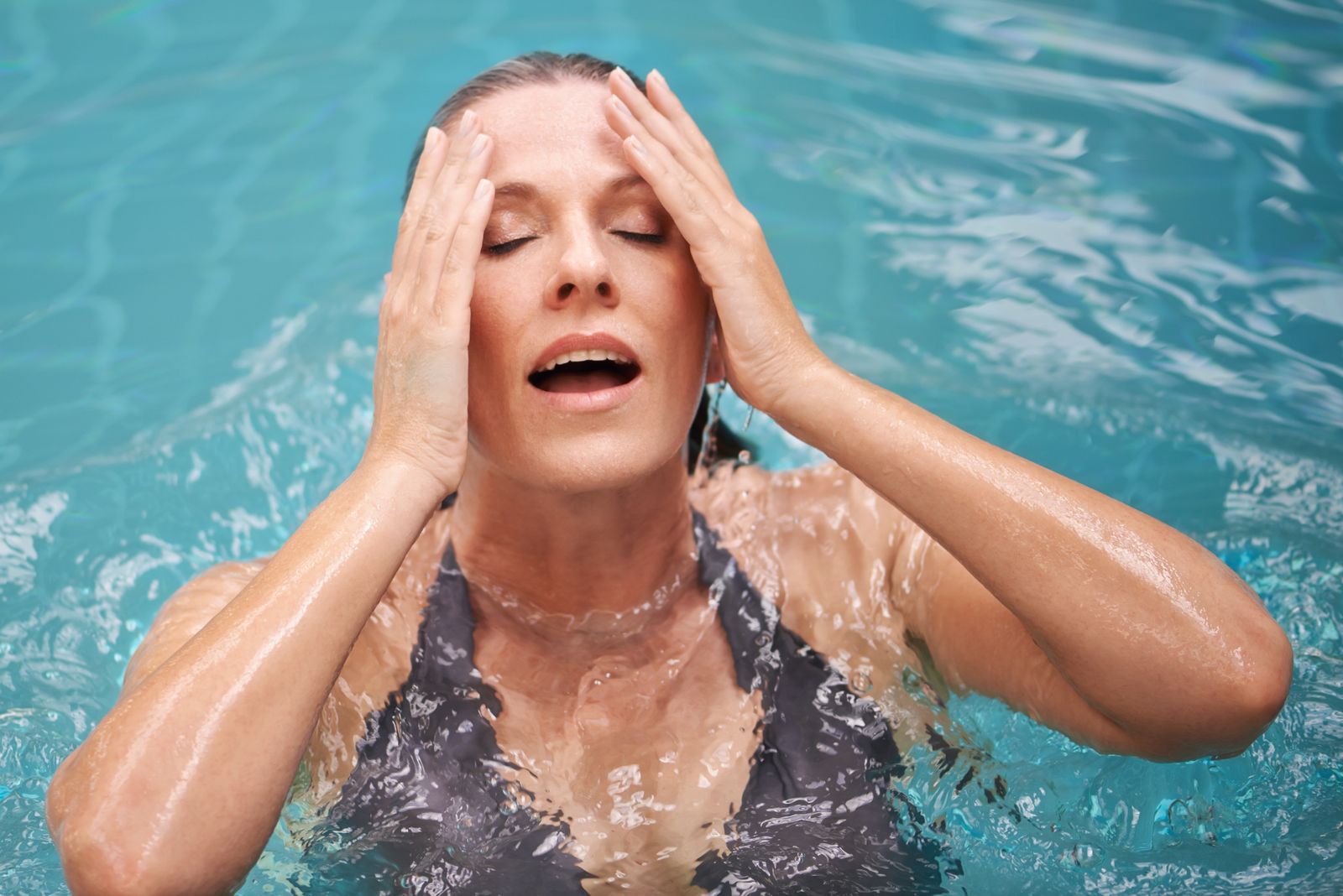
A saltwater pool is low-maintenance compared to traditional chlorine pools. So because it’s low cost and has a lot of benefits, they are a great addition to your home. But, how do you take care of a saltwater pool?
How do You Take Care of Saltwater Pool?
Because saltwater pools are less expensive to operate, a pool care suggestion is to keep the salinity and pH balance of the water. Enjoy this brief salt water pool maintenance guide if you want to convert from a chlorine pool to a salt water one – whether for a commercial or residential pool. Other than low maintenance, a salt water pool is less harsh on skin as well.
Tips for Salt Water Pool Chemistry
Salt water pools are both pool-owner and -user friendly. Below are some tips to maintain your saltwater pool chemistry.:
Test your water with a salt water pool test strip for salt, pH levels, free chlorine, stabilizer, total alkalinity, and total hardness. You’ll also want to consider testing the water if it’s cloudy.
You may use a water chemistry calculator to aid in making those adjustments in order to keep the balance of your pool water.
Take a look at this basic salt water pool maintenance checklist that will help prevent cloudy pool water or algae from growing.
Salt Water Pool Maintenance Checklist
- Clear the Skimmer
- Regularly Clean the Pump Basket
- Keep Your Filter Clear
- Skim any Floating (or Visible) Debris
- Inspect the Salt Chlorinator Cell and Replace when Needed
- Regularly Test for Appropriate Water Chemistry
The Difference Between Traditional Chlorine and Salt Water Pools

With the traditional pool, chlorine is directly added to the water, but this is done differently when it comes to salt water pools. Chlorination of salt water is a natural process in its own and is a more convenient sanitization method. Salt is placed in the pool to dissolve and is circulated by the pool’s pump system. This results in clear, clean and luxuriously soft water.
Less Expensive
Lesser cost of maintenance is due to the chlorine being naturally generated from salt, so it’s not necessary to buy chlorine. This is also much safer for pool owners because they don’t have to store dangerous chemicals in the premise. What’s even more remarkable is that fewer chemicals are required to keep the pool water clear and clean.
Salt Level
Another salt water pool maintenance 101 fact: Salt water systems work best with approx 3,200 ppm (parts per million) of salt. This is roughly equal to a teaspoon of salt per gallon.
Is it Easy to Maintain a Saltwater Pool?
All it takes is adding salt to the water and chlorine is naturally generated by the pool’s salt chlorinator. Traditional pools take a lot of chemicals to keep its water clean and clear, but it’s not so with salt water pools. They are more stable so they require only a few chemicals.
What Chemicals do You Need for a Saltwater Pool?
Just like traditional chlorine pools, you need to maintain your salt water’s Alkalinity, pH and Calcium Hardness, so regular checking is needed (and adjusting as necessary). You’d also need a chlorine stabilizer (or cyanuric acid) to regulate UV chlorine degradation. Using this will help your salt cell from getting overworked.
Conclusion
So, how do you take care of a saltwater pool? As you may have found out, it’s less maintenance for your custom pool to have salt water than chlorine. Just do some reading on how do you take care of a saltwater pool and you’re ready to swim!

